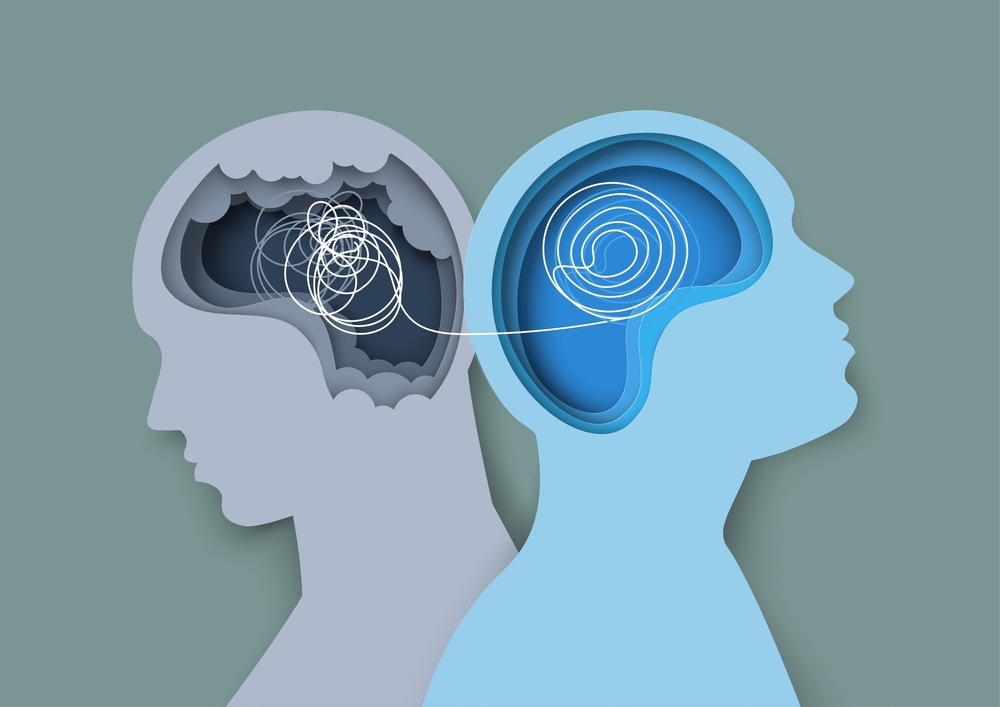Mental health is just as important as physical health, and finding the right type of therapy can make a major difference in your healing process. With growing awareness and access to care in India, more people are exploring mental health therapy options to manage issues like anxiety, depression, trauma, relationship conflicts, and more. But with so many choices available—from traditional talk therapy to online counseling—it can be overwhelming to decide what’s best for your situation. This blog will guide you through different types of mental health therapy options and help you choose the right support based on your personal needs.
Why Mental Health Therapy Matters
Seeking therapy is not a sign of weakness; it’s a step toward emotional strength. Therapy allows individuals to talk openly in a non-judgmental space, understand the root of their struggles, and learn how to cope effectively. Whether you’re facing a life transition, mental health disorder, or unresolved trauma, therapy can empower you to lead a more fulfilling life. With more therapists, clinics, and platforms emerging across India, professional help is becoming more accessible and acceptable. Knowing your mental health therapy options is the first step to recovery.
Different Types of Therapy and How They Help
Cognitive Behavioral Therapy (CBT)
CBT is one of the most commonly used therapies. It helps individuals recognize and change negative thought patterns that influence emotions and behavior. CBT is highly effective for anxiety, depression, OCD, and PTSD. It’s structured, short-term, and goal-oriented.
Dialectical Behavior Therapy (DBT)
Originally developed for borderline personality disorder, DBT is now used for mood disorders and those who struggle with emotional regulation and self-harm. It combines CBT techniques with mindfulness, interpersonal effectiveness, and distress tolerance.
Psychodynamic Therapy
This form of therapy explores unconscious thoughts and past experiences that may be influencing present behavior. It focuses on insight and self-reflection and is suitable for those dealing with long-standing emotional conflicts or personality issues.
Interpersonal Therapy (IPT)
IPT focuses on improving interpersonal relationships and communication patterns. It is effective for depression, grief, and relationship-based challenges.
Humanistic Therapy
Humanistic therapy, including approaches like person-centered therapy, emphasizes self-exploration and growth. It is non-directive and builds on the client’s capacity for self-healing and personal insight.
Online Therapy and Tele-counseling
In today’s digital world, many individuals are choosing online therapy for convenience and privacy. Platforms like MindPeers and Manastha offer therapy sessions with certified professionals through video or chat. These are helpful for people with tight schedules, those living in remote areas, or individuals uncomfortable with face-to-face sessions. However, it’s crucial to choose licensed therapists and verified platforms when seeking therapy online.

Factors to Consider When Choosing the Right Therapy
The best therapy depends on your unique situation, preferences, and the type of issue you are facing. Ask yourself the following questions: Do I prefer structured, goal-oriented sessions (like CBT), or a more reflective and open-ended approach (like psychodynamic therapy)? Am I comfortable speaking in person, or would I prefer the privacy of online sessions? Do I need therapy for a specific disorder or a general sense of emotional discomfort? Your answers will help you narrow down your mental health therapy options and choose what aligns with your comfort and goals.
How to Find a Trusted Therapist in India
When looking for a therapist, always verify their credentials. Licensed clinical psychologists should be registered with the Rehabilitation Council of India (RCI), and psychiatrists should hold a medical degree with specialization in psychiatry. You can start by asking for referrals, checking verified online platforms, or visiting mental health institutions. In-person clinics in cities and teletherapy platforms are both viable options. If you’re unsure where to begin, you can contact us to get support tailored to your mental health needs.
Final Thoughts
There is no one-size-fits-all when it comes to mental health care. What works for one person might not work for another. The key is to explore the available mental health therapy options, ask questions, and find a therapist you feel safe and supported with. Healing takes time, and choosing the right therapy is a powerful first step toward a healthier, happier life. Don’t hesitate to take that step—support is available, and recovery is possible.
Learn more about mental health through our related content, designed to support your journey toward understanding and healing.
Understanding the Different Types of Mental Disorders
Recognizing the Symptoms of Mental Illness: A Guide to Early Awareness

